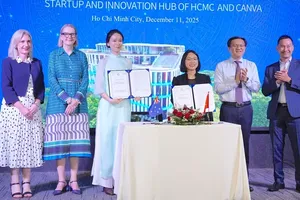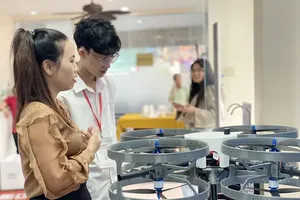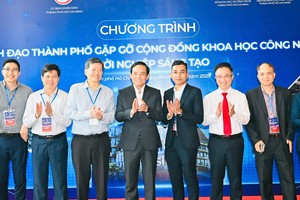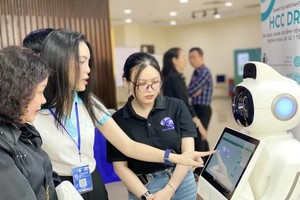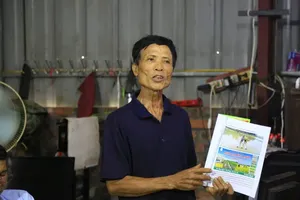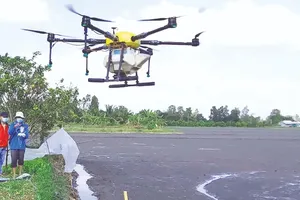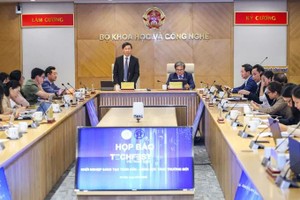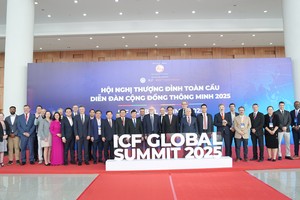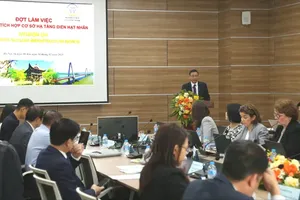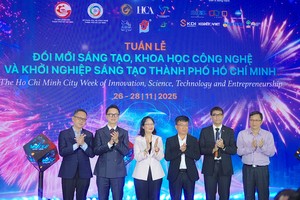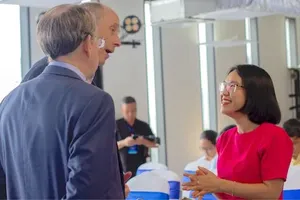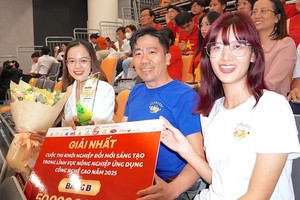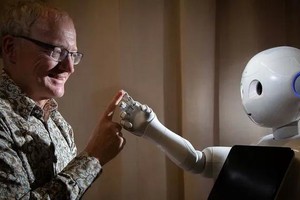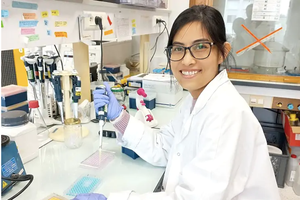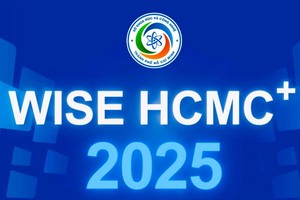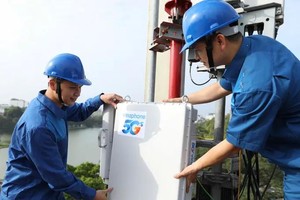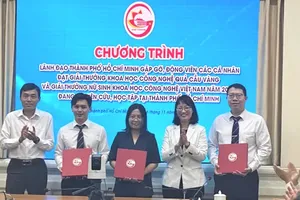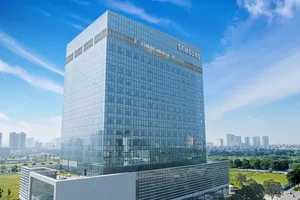The frequent change in mechanisms and policies by the Government has put an end to the ‘single-door’ management mechanism at the Saigon Hi-tech Park (SHP), hindering its investment attraction and consuming local businesses a lot of time and effort, said associate professor Le Hoai Quoc, head of the park management board on Saturday.
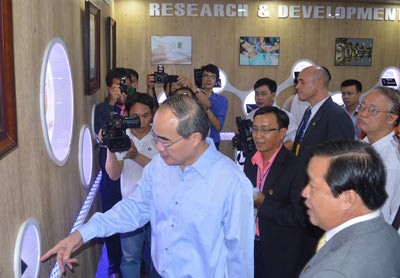
He made the statement at a meeting with Chairman of the Vietnam Fatherland Front Central Committee Nguyen Thien Nhan and the Central Surveillance Program Steering Board, who came to work with SHP on the implementation of the resolution No.6 on science and technology development and Law on Science and Technology.
The new Investment and Enterprise Laws require firms to get two kinds of licenses to invest in SHP, including investment license granted by the park and business license by the Department of Planning and Investment, Mr. Quoc said.
According to the Environment Protection Law 2015, SHP is unauthorized to grant license for environmental impact estimation, it comes under competence of the Department of Natural Resources and Environment.
Chairman Nguyen Thien Nhan said Ho Chi Minh City has been the country’s most experienced one in hi-tech development with satisfactory initial results.
The park’s difficulties have been caused by a lack of a special mechanism and the ‘single door’ mechanism is a good solution to assist businesses’ development, he said.
Together with HCMC leaders, the Central Surveillance Program Steering Board will report the difficulties to the Government to map out a suitable policy for the park, he added.
Reporting the park’s performances, Mr. Le Hoai Quoc said that it had attracted 77 investment projects with US$4.4 billion and last year revenue reached US$3.25 billion.
Large technology firms such as Intel, Nidec, Sonion , Sanofi and Samsung have invested in SHP. Its industrial production growth approximates 80 percent, far exceeding the city Gross Domestic Product growth rate of 12 percent.
The park has spent US$12 million on building chip-semiconducting and nanomaterials laboratories in 2008-2010, which will be broadened further to serve the city’s semiconducting development program.
SHP has also focused on human resource development via training cooperation agreements with the National University in HCMC and other domestic and oversea universities.
Before the meeting, Mr. Nhan and the steering board had a fact-finding trip to NaoGen Company and United Healthcare Company at the park to listen to their achievements and difficulties.
